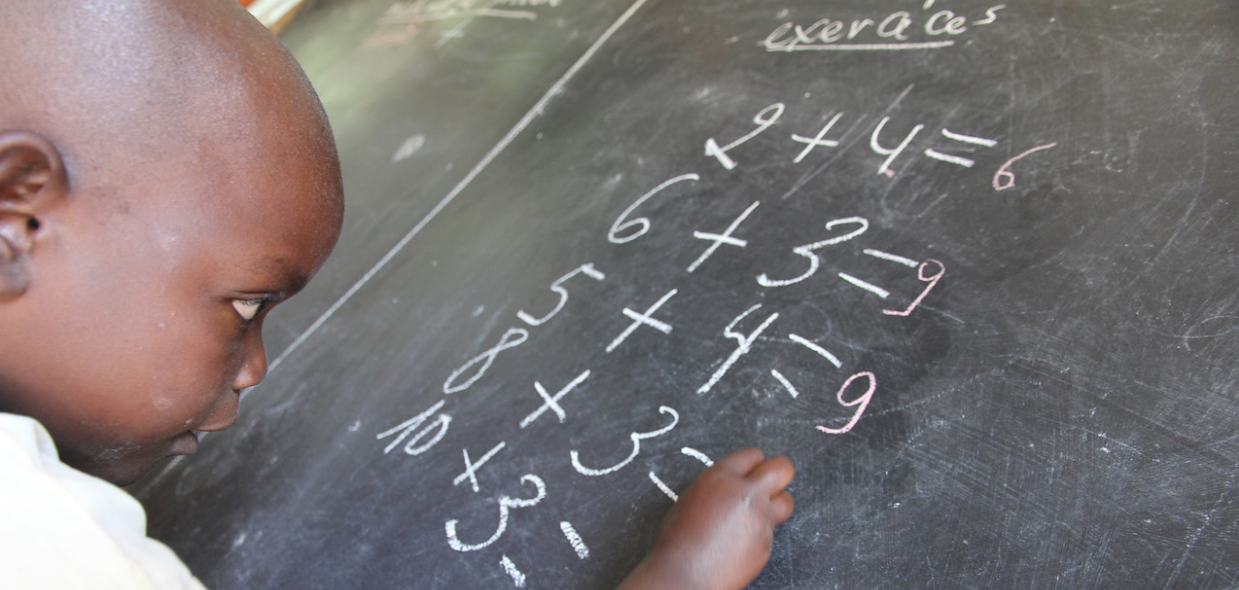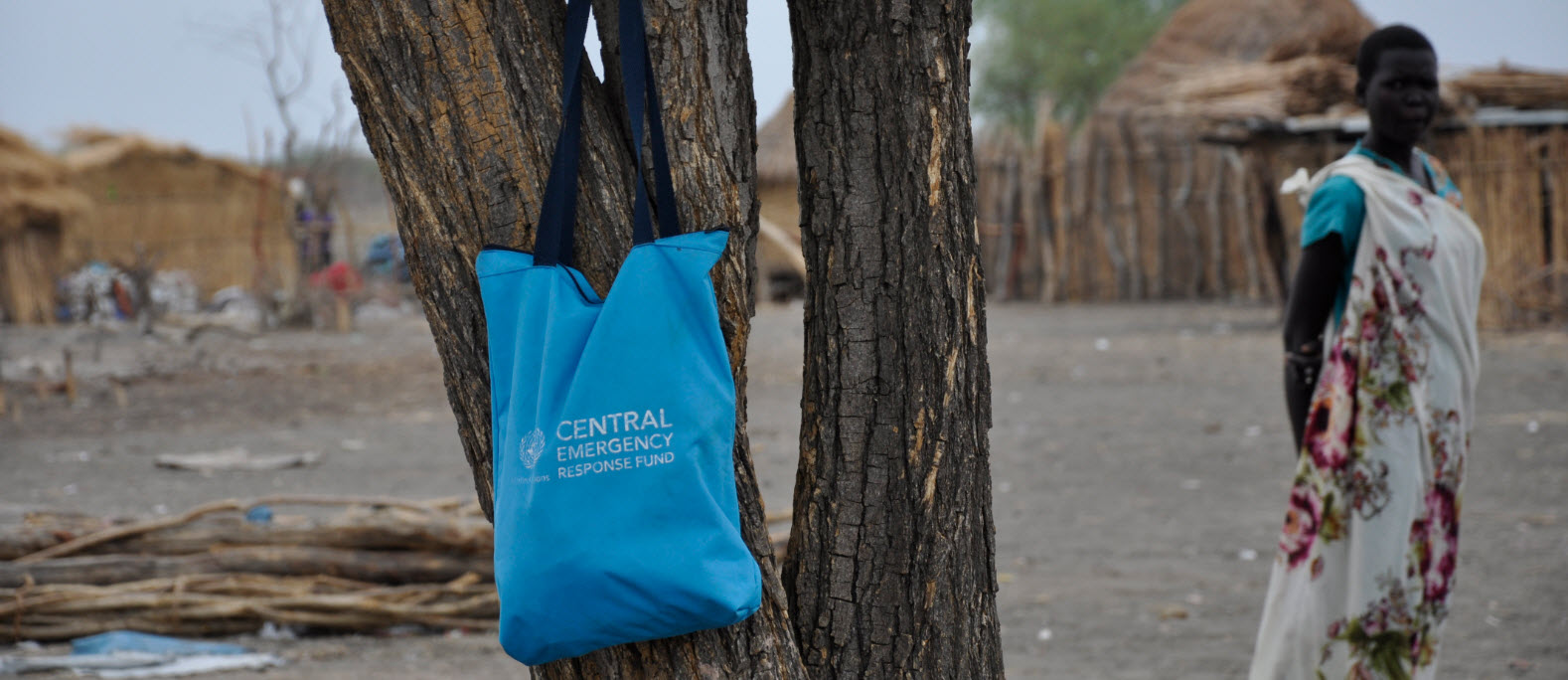
Humanitarian Financing
OCHA aims to mobilize and engage the full range of financing instruments, mechanisms and partners to ensure that growing humanitarian needs are met, humanitarian leadership and coordination mechanisms are promoted at the country level, and the large array of global humanitarian financing mechanisms are complementary among themselves and coherent with development funding.
OCHA works with humanitarian partners around the world to identify the most critical humanitarian needs, plan responses and determine the budgets needed to address them.
At the country level, OCHA helps partners to build common strategies and implementation plans and to appeal for funds as a group. This ensures that resource mobilization and financing are handled collectively and are based on a thorough needs evaluation, making aid more effective, efficient and predictable. At a global level, this work culminates in the Global Humanitarian Overview. OCHA’s financial-tracking tools and services – including the Financial Tracking Service (FTS) – help to manage humanitarian donations. FTS provides information to support OCHA's advocacy, policy-making and humanitarian financing work, and it helps improve strategic and operational decision-making by enabling effective field coordination.
OCHA also ensures more responsive, predictable and strategic humanitarian financing through its leadership of the Central Emergency Response Fund (CERF) and Country-Based Pooled Funds (CBPFs) for the humanitarian system. OCHA helps drive humanitarian action by encouraging new, more effective funding and financing mechanisms that respond to and reflect the changing nature of humanitarian crises.
COVID-19 Allocations
Humanitarian Pooled Funds
OCHA-managed pooled funds are effective ways to support humanitarian action. They allow Governments and private donors to pool their contributions into common, unearmarked funds to deliver life-saving assistance to people who need it most. There are two types of pooled funds: CERF, which can cover emergencies anywhere in the world, and CBPF, which cover crises in specific countries.
OCHA-managed pooled-fund allocations represent a relatively small portion of global humanitarian funding, but they are critical to the delivery of life-saving assistance. They strengthen the collective humanitarian response, empower leadership and improve coordination.
CERF and CBPF allocations are designed to complement other humanitarian funding sources, such as bilateral funding. They can be used independently, but they work in synergy as complementary tools at the country level.
Country-based Pooled Funds (CBPF)

The DRC Humanitarian Fund has funded critical education and health projects in South Kivu, DR Congo. Credit: OCHA/G. Cortes
CBPF are set up for complex emergencies. Contributions are collected into single, unearmarked funds and managed locally under the leadership of the Humanitarian Coordinator. The funds support the highest-priority projects of the best-placed responders (including international and national NGOs and UN agencies) through an inclusive and transparent process that supports priorities set out in Humanitarian Response Plans (HRPs). This ensures that funding is available and prioritized locally by those closest to people in need. CBPF are established when a new emergency occurs or when an existing crisis deteriorates. They are managed by OCHA under the leadership of the Humanitarian Coordinator and in close consultation with the humanitarian community.
Central Emergency Response Fund (CERF)

CERF continues to support life-saving emergency response activities in South Sudan. Credit: OCHA/G. Connell
CERF receives contributions year round from donors – mainly Governments, but also foundations, companies, charities and individuals – into a single global fund. With money available immediately, relief organizations can jump-start activities in sudden-onset emergencies, scale-up and expand assistance when a situation suddenly deteriorates, and keep critical assistance going in crises that fail to attract sufficient resources. CERF allocations are available to UN agencies, funds and programmes, and they are informed by joint needs assessments, expert advice from aid workers and priorities set out in country-level plans. CERF has a US$1 billion annual funding target and is fully unearmarked to ensure funds go to meet the most urgent, life-saving needs.
| Resources |
 Donate to CERF Donate to CERF |
 Donate to the CBPF Donate to the CBPF |
 Learn more about CERF Learn more about CERF |
 Learn more about CBPF Learn more about CBPF |








